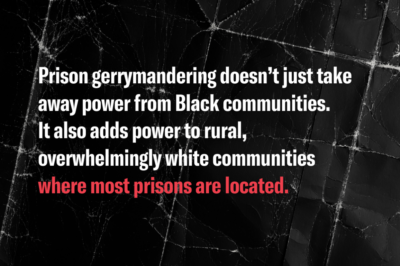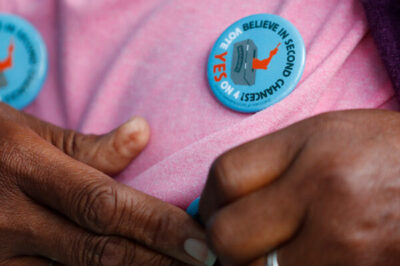ACLU Urges Congress to Restore Voting Fairness
FOR IMMEDIATE RELEASE
WASHINGTON — Nearly 100 years ago, states across the South adopted a series of laws aimed at keeping African Americans away from the ballot box. Since then, legislators and the courts have jettisoned most of those biased laws. One glaring exception remains: criminal disenfranchisement laws.
These disenfranchisement laws were passed with racially discriminatory intent and continue to have racially discriminatory results. About 3.9 million Americans are now disqualified from voting because of state laws that disenfranchise citizens convicted of a felony. In fact, experts believe that in seven states, one in four black men have permanently lost his right to vote. And if this continues, some experts estimate that 40 percent of the next generation of black men will permanently lose the right to vote in states that disenfranchises ex-felons.
These laws tragically continue to deliver on their evil covenant: African Americans are five times as likely as whites to be disenfranchised under felony voter measures. This disproportionate impact is a result of bias in the law enforcement system, an impact that cannot be underestimated. Today, for example, the Department of Justice estimates that although African Americans comprise some 13 percent to 15 percent of all drug users, they account for 36 percent of all arrests for drug possession. In fact, over the last 10 years, the rate of incarceration for black men increased at 10 times the rate of imprisonment for white men.
One particularly vivid example of the racial bias can be seen in the impact of the nation’s efforts to eradicate crack cocaine usage. As the New York Times has noted, more whites than blacks actually use crack, but as the war on drugs focused on poor city neighborhoods, blacks went to prison for crack possession at a far higher rate. And they received much harsher sentences than people convicted for using powder cocaine.
Earlier this year, Rep. John Conyers introduced legislation that would take the first step toward alleviating this lingering form of discrimination. The Conyers bill would guarantee that citizens who have paid their debt to society and are no longer incarcerated regain the right to vote in federal elections, even if they are barred from voting in state elections.
Today’s hearing before the Judiciary Committee’s constitution subcommittee is an important first step toward finally alleviating this wrong. The ACLU commends Rep. Canady for calling today’s hearing and strongly urges the House to adopt the Conyers legislation.
Stay Informed
Every month, you'll receive regular roundups of the most important civil rights and civil liberties developments. Remember: a well-informed citizenry is the best defense against tyranny.



